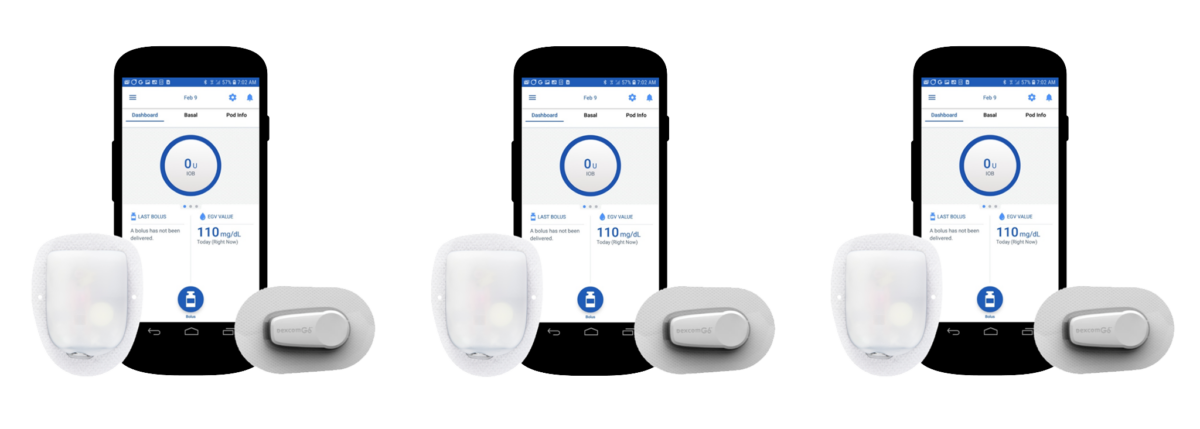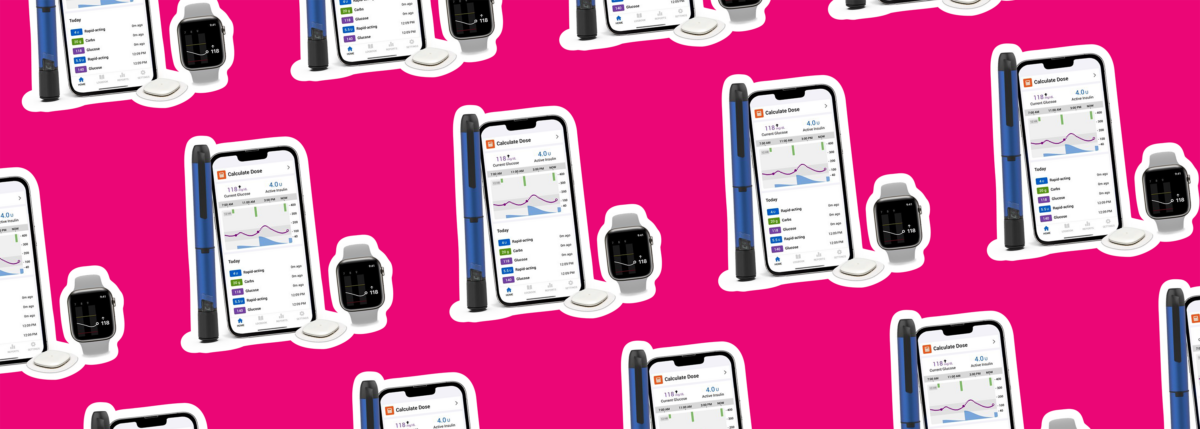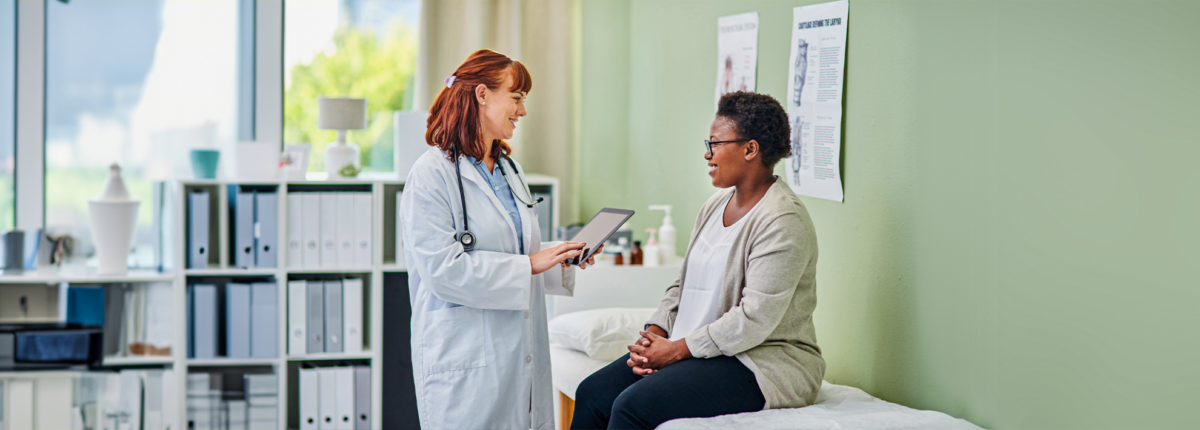Broadway Star Taylor Louderman and Sister Talk T1D
Written by: Michelle Boise
4 minute read
April 17, 2018
Beyond Type 1 spoke with Broadway star Taylor Louderman and her sister about her diagnosis with type 1 diabetes and how it changed her life. We also learned what it means to be a sister of someone with type 1 diabetes and how you can support her through testing and managing this chronic condition.
Editor’s Note: Taylor is joining Beyond Type 1 as a co-captain for the Abbott Dash to the Finish Line 5K in New York City, November 3! Join Taylor and run with the Type One Run team here.
Mean Girls, the popular teen comedy written by Tina Fey in 2004 is back and now on Broadway. You may recall the plot, where protagonist Cady Heron moves from Africa with her scientist parents to the suburbs of Illinois to find herself inducted into “The Plastics,” the cool clique of her high school. She has a lot to learn in public school, like how to navigate the nasty manipulations of her new friends who embody what it means to truly be mean.
Taylor Louderman plays the lead antagonist, Regina George, the Queen Bee of vindictive, calculating cruelty toward her fellow students.
Well versed in sassy comedies, Louderman has also starred in Kinky Boots and Bring It On. The 27-year-old Missouri native celebrated the opening of the much anticipated show with family—parents and four younger sisters who flew in especially for the debut of the show.
In order to prepare for the role, Louderman talked with her twin sisters Morgan and Madison about what it’s like to be freshman in high school these days. While being a teenager is never easy, Madison faces additional challenges of managing the autoimmune disease type 1 diabetes.

Beyond Type 1 got to chat with the sisters about Madison’s difficult diagnosis and how it’s changed their family. More, we learned what it means to be a sibling of someone with type 1 and how you can be supportive through the trials and tribulations of this chronic condition.
Seven years ago, the family went to LA to see Taylor play Margot in Legally Blonde and Madison fell asleep during the performance. At the time, Madison was 8 years old and Taylor 20. At first, their parents were irritated with Madison but when they had trouble waking her up, they knew something was seriously wrong.
Madison recalls going to the bathroom frequently on the plane ride home and was taken to the emergency room soon after landing.
“By then, I think my mom kind of knew what was going on,” says Madison. “It runs in our family. We have cousins that have it (type 1 diabetes).”
When asked if the other family members had used TrialNet, a genetic screening used to evaluate a family members personal risk of developing the disease, Taylor said they hadn’t yet.
“We’ve talked about this,” says Taylor, “and I think that would be a good conversation to revisit.”
“I was already out of the household,” says Taylor, who was was in the midst of an opening. “It was my first big career move, so I was overwhelmed with that. I remember my mom trying to keep it from me to not worry me.”
Taylor describes the difficult phone call she received in LA. “My mom tried to stay strong. She explained that things were really going to change. Madison was young so a lot of the weight went on my mom at first.” She adds, “It was really nice though that my mom had both of my aunts to sort of walk her through what her new life would be like.”
Her younger sister, Madison says she was scared at her diagnosis and wondered, “What’s wrong with me? What’s happening? What is going to happen?”
“I didn’t know a lot [about type 1 diabetes] before this,” says Taylor. “I knew my cousins had it. I knew they had to give themselves shots. I knew that their bodies didn’t produce insulin on their own anymore. But that’s about the extent of it. I didn’t really understand the lifestyle change that it would mean.”
“You sort of feel so helpless in moments like that. I wondered, oh my gosh, how? What can I do? I’m away from home. She’s only 8 years old and she’s got a little twin sister, who’s not going to have it. What things can I do to help her? To help my mom? To help my family?”
Taylor says she did research on her own though to better understand the disease. She also participated in two charity performances to raise funds for a cure.
“Talking to them and coming home as often as I could,” Taylor said was another way she tried to support Madison and the family.
She recalls one scary incident when Madison was experiencing a severe low.
“Madison wouldn’t take the straw [for her juice],” Taylor says, “and I got frustrated, saying, ‘Wake up! Take the straw!’ My mom said, ‘Taylor she’s almost unconscious; she doesn’t even know what she’s doing.'”
“That was a moment,” says Taylor, “where I realized I needed to be a bit more compassionate because I didn’t know what it was like. It was a major point for me where I understood how crucial it was that she take care of herself and that we all take care of her.”
When asked if she ever experienced others not being compassionate about having type 1, Madison brings up Pi Day, a school holiday where the students learn about 3.14 and eat pie pastries.
“While we were eating pies,’ says Madison, “people were like, ‘Oh, I feel the diabetes coming on. I’m eating all this sugar.'”
Madison says she explained to them that isn’t how it works. “I think they could tell I was really hurt by that,” she says, “but it’s important for them to know they shouldn’t say that.”
“It’s such a bummer that there’s a negative connotation or air that ‘you have diabetes because you have poor lifestyle choices,'” says Taylor. “That’s not type 1 and not necessarily type 2 either. That’s definitely one thing I want to work towards—changing the mentality or perception around diabetes. It doesn’t matter how you got something. It’s still a setback for anyone. We, as a society, need to work on educating ourselves and being more compassionate.”
Now that Madison is 15 years old, she’s taking on more of her own care. She’s also playing lots of sports. “Sometimes during practice,” she says, “I have to drink a juice, but then you get back up and keep going.”
Taylor says she admires her sister for all that she does in her management. “Her stubbornness is a little annoying sometimes,” she says and laughs, “but I really like that she sticks to her guns. She’s a strong young lady. And that’s apart from her having to prick her finger or having to change a pump site.”
“But you do things in front of a lot of people and perform every night,” says Madison. “I could never do that … and remember all these lines. That’s very scary.”
“Even I get scared sometimes,” says the big sister.
Learn more about TrialNet and read The Sibling Guide to Type 1 Diabetes.

Author
Michelle Boise
Michelle believes that a single story has the ability to reshape the world. She has a BA in English literature and Spanish and a MFA in writing from the University of San Francisco. As a writer, editor and content guru, she's worked on both literary magazines and e-commerce platforms. Before joining the Beyond Type 1 team, she developed health-conscious articles for Fitbit and implemented SEO strategy for e-commerce platforms. When she's not writing, you can find her painting with acrylics (they dry fast).
Related Resources

Already compatible with Dexcom’s G6 and G7 continuous glucose monitors (CGMs), the Omnipod 5 Automated...
Read more

The younger a person is diagnosed with type 2 diabetes, especially those with obesity, the...
Read more

The Oura Ring, which tracks things like sleep, heart rate, and activity, is joining forces...
Read more

